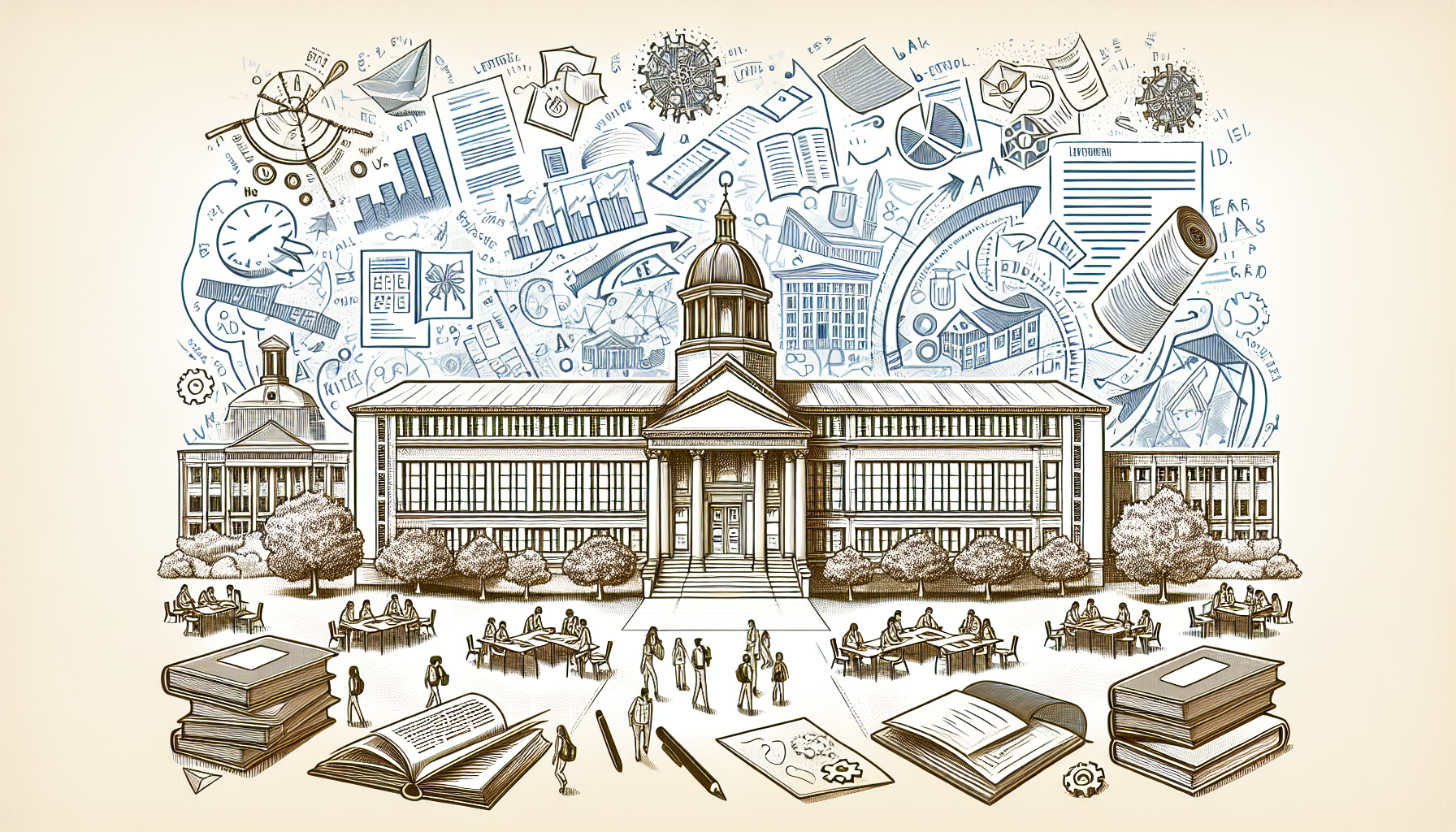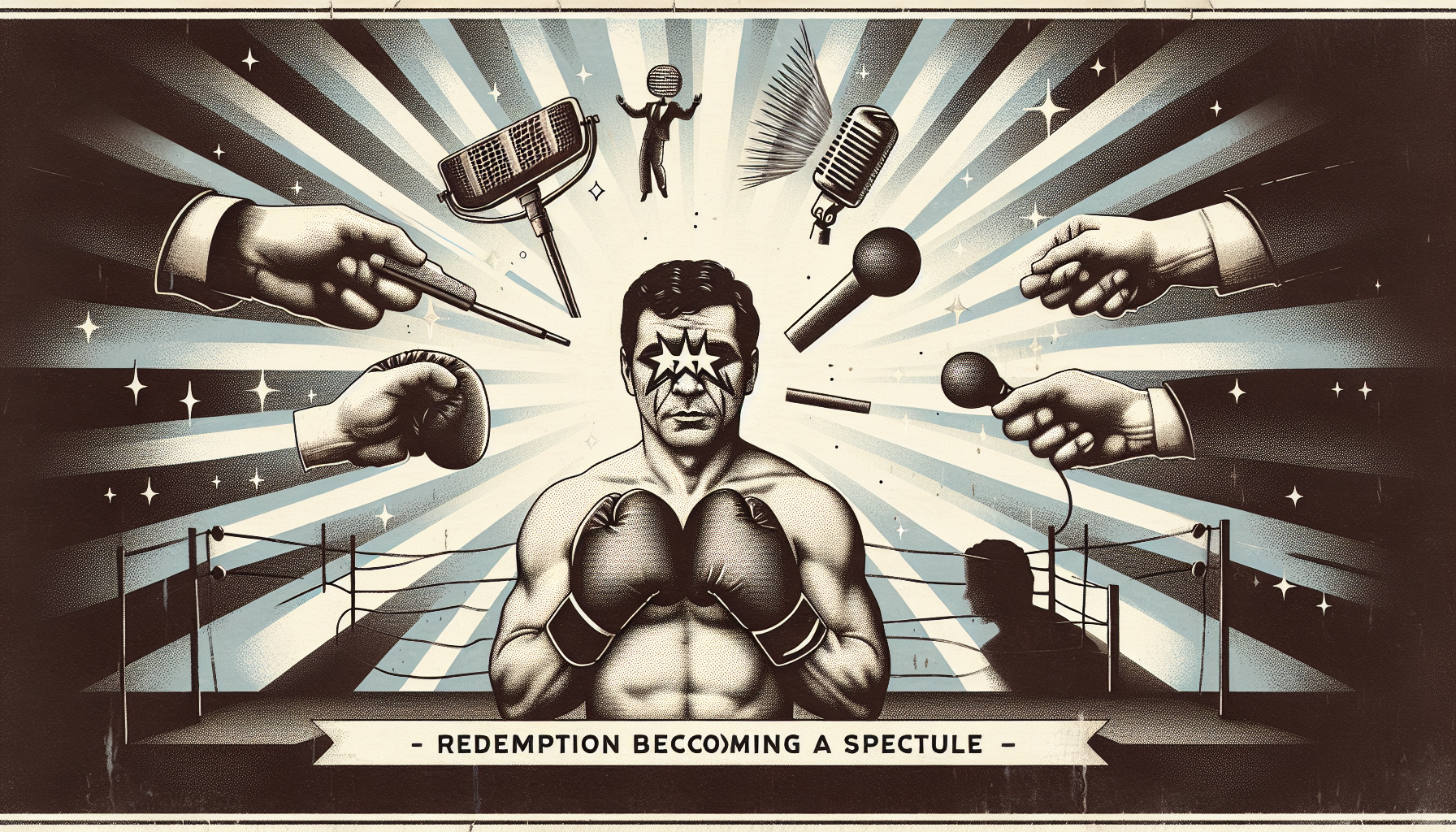Title: Tear Gas and Tenure: Trump’s University Crackdown and the Battle for American Academia
Dear readers,
What happens when a nation’s universities—historically safe harbors for dissent, debate, and the pursuit of truth—become the frontlines of a political war? This week, hundreds gathered across campuses in New York and beyond, fueled not by midterm stress or finals anxiety, but by something far more existential: the fear that academic freedom itself is under siege.
Let’s rewind.
The Scene: New York, April 2025
Picture it: the steps of a Manhattan university, normally bustling with students scrolling TikTok and balancing overpriced coffees, transformed into a pulsing protest hub. Banners unfurled. Chants reverberated down ivy-clad stone. A coalition of students and faculty had one message for the public—and the White House: we’re not going quietly.
They gathered in defiance of the Trump administration’s latest policies targeting American universities, policies critics say are less about regulation and more about censorship, surveillance, and silencing.
An Assault on the Academy?
At the core of their fury: a sweeping policy package rolled out by the revived Trump administration that, among other things, threatens university funding for institutions seen as harboring “anti-American sentiment.” In practice, this has translated into crackdowns on pro-Palestinian student organizations, restrictions on DEI (Diversity, Equity, and Inclusion) curricula, and a thinly veiled effort to paint academia as hostile to "real American values."
It’s anything but accidental. The university—once a hotbed of anti-war protests, civil rights organizing, and feminist movement-building—is again being framed as the "problem child" of the republic. The leftist echo chamber. The indoctrination zone. Choose your favorite Fox News chyron.
If this all sounds familiar, it should.
History Repeats in Louder Echoes
Think back to the 1960s. UC Berkeley. Kent State. The Pentagon Papers. Time and again, college campuses have rattled the political status quo. And each time, the backlash isn’t far behind.
In 1970, the Ohio National Guard shot and killed four unarmed student protesters. In 2025, we see students kettled by riot police, their megaphones drowned out by the static of late-night cable news.
In one especially jarring scene in New York, a student activist—detained just days earlier in a sweep of campus arrests—met with a U.S. senator in a closed-door meeting, his hands still bearing the bruises of zip ties. The symbolism wasn’t lost on anyone: protest in this climate, and your student ID might not be your shield—but your target.
From Ivory Tower to Surveillance State
There was a time when universities were considered "ivory towers"—separate from the political grind, protected by tenure and intellectual autonomy. Those days, it seems, are over.
Today’s campuses are surveilled not just by campus security but by political operatives, state-funded watchdogs, and even alumni wielding donor dollars like weapons. One case out of Georgia saw a university defunded for hosting a public lecture titled “Free Gaza, Free Thought.” The speaker? A Pulitzer Prize-winning journalist. The reaction? Swift and punishing.
This isn’t disagreement. It’s power flexing its privilege—and using policy as the bludgeon.
Are Universities the New Protest Prisons?
But here’s the deeper question we all must confront: Have our universities—the supposed sanctuaries of diverse thought—become the new protest prisons, where every act of defiance is ticketed, tracked, and tucked away like another line in a disciplinary record?
And if so, what’s the lesson we’re teaching the next generation?
That safety lies in silence?
That citizenship comes with a mute button?
That questioning America makes you un-American?
These aren’t just academic hypotheticals. They're active realities for students and professors whose syllabi now come with a side of legal counsel.
Case Study: The Professor Who Refused to Stay Quiet
Take Dr. Lena Moradi, a sociology professor at a Connecticut liberal arts college. After signing an open letter objecting to the administration’s support for Israeli military action in Gaza, she found herself placed on administrative leave “pending review.” Overnight, tenure looked more like a fence than a fortress.
Her case, now the subject of legal wrangling and GoFundMe campaigns, has become emblematic of what’s at risk. Not just careers—but conscience.
Protesting the Paradox
Critics of the student protests are quick to label them entitled. Spoiled. Unpatriotic. But perhaps the loudest irony is this: many of the same voices decrying “cancel culture” and championing “free speech” are now championing the suppression of it—just because the speech isn’t patriotic, pro-Israel, or palatable to political appetites.
Protesting Trump’s policies, in this case, isn’t the negation of American ideals—it’s their defense.
Final Thoughts: What Are We Actually Safeguarding?
Dear reader, if universities are the mirrors through which society glimpses its future, what do these headlines forecast?
If we censor dissent in the classroom, silence it in the quads, punish it in the curriculum, then what kind of knowledge are we cultivating?
Not the kind that interrogates power. Not the kind that nurtures critical thinking. But the kind that folds under scrutiny, that appeases authority, that values order over truth.
In the tallest towers of America’s academia, a reckoning is underway. And while the government may write the policies, it’s the students—marching with their signs held high—who just might write the future.
Until next time, stay vigilant.
Truth lives not only in textbooks, but in every bold question, every protest chant echoing across a campus courtyard.
Yours in resistance and remembrance,
A Scholar of the Storms Ahead

